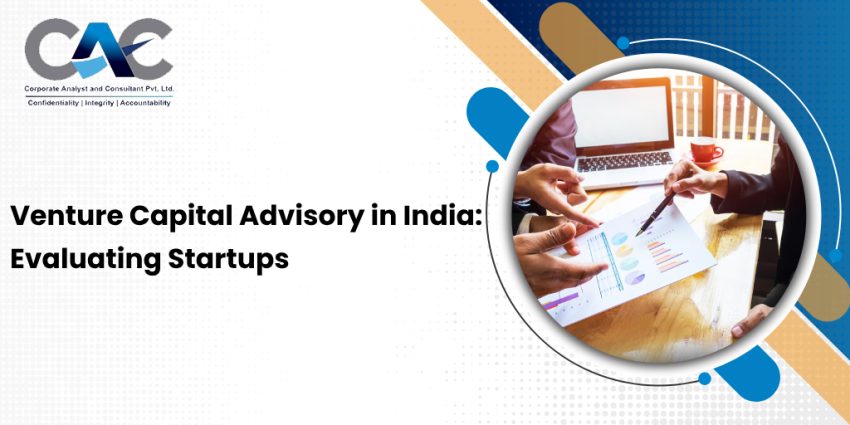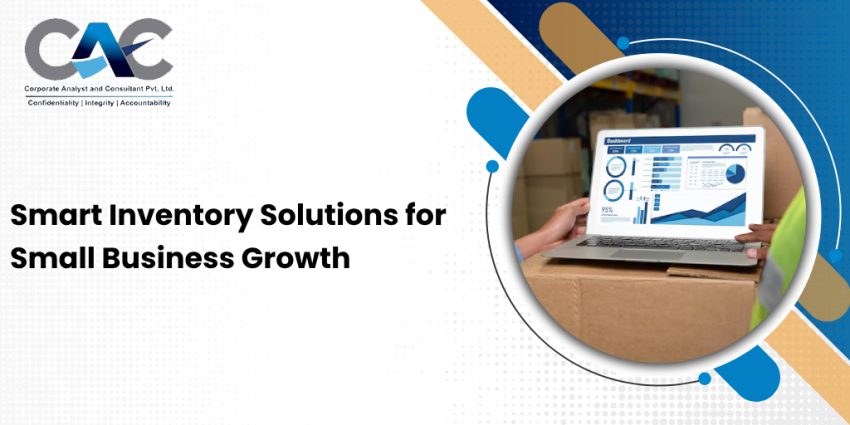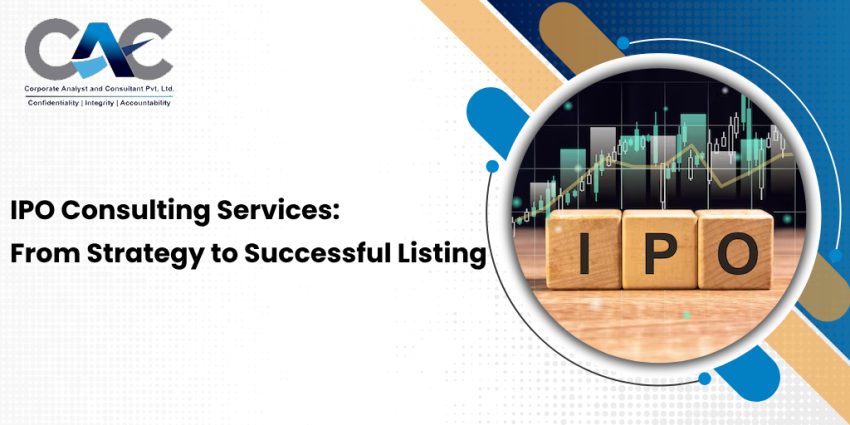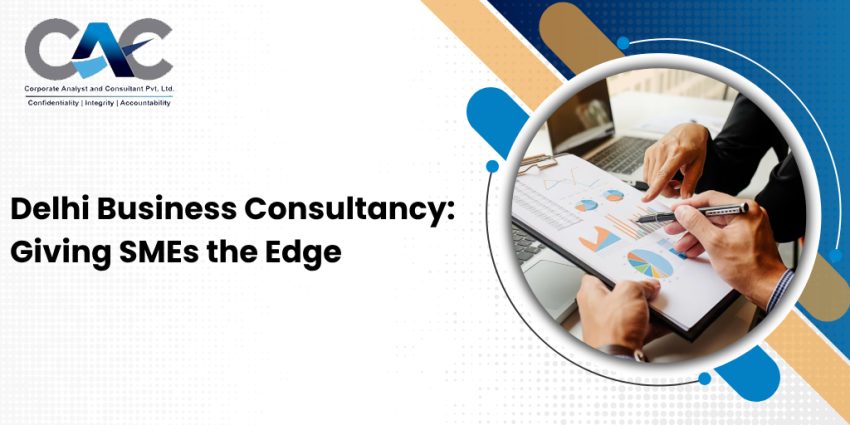The Indian startup ecosystem has been witnessing tremendous growth, with entrepreneurs coming up with innovative ideas across technology, healthcare, retail, and fintech sectors. However, not every startup is able to secure funding easily. Investors need assurance that their money will be put into a business with long-term growth potential. This is where a venture capital…
Smart Inventory Solutions for Small Business Growth
For small businesses, managing inventory effectively is often one of the biggest challenges. Limited resources, fluctuating demand, and storage constraints can make it difficult to strike the right balance between overstocking and stockouts. This is where inventory management services play a vital role. By investing in professional solutions, small businesses can streamline operations, reduce waste, and…
IPO Consulting Services: From Strategy to Successful Listing
For many businesses, launching an Initial Public Offering (IPO) marks a significant milestone. Going public not only opens doors to raising substantial capital but also boosts credibility and brand value in the marketplace. However, the IPO journey is highly complex, requiring expert guidance at every step. This is where IPO consultants play an indispensable role. They…
Wealth Management in Delhi: Secure, Grow & Preserve Family Wealth
One of the most significant financial goals of families and those persons with appreciable wealth is the preservation of wealth through the generations. It may take years of strategic effort to accumulate wealth, but it takes equally strategic planning to make it last to the children and other posterity. It is significant that a wealth…
Financial Planning to Modelling: Bridging the Gap with Experts in India
For business owners, financial planning and financial modelling often come up together, but they serve different purposes. Financial planning sets long-term goals, while financial modelling builds detailed numerical models to make predictions. A financial modelling consultant in India bridges the two, helping businesses turn plans into practical models backed by data and accurate forecasts for…
GST Registration: Avoid Common Mistakes with Experts
CAC specializes in providing end-to-end GST registration services in Delhi, ensuring our clients avoid common errors such as incorrect data entry, document rejection, and category confusion. The first practice in India is the GST registration to be able to operate a compliant business. Nonetheless, most startups and small business frequently highly expedite the process and…
The Future of Work: How GSS Supports Hybrid & Remote Models
The manner in which people work has changed significantly over the last few years. Businesses all over the world shift to utilizing hybrid and remote work environments instead of working in offices. These strategies enable the employees to divide their time between the workplace and home or sit back in the office completely. Although this…
Business Advisory in Delhi: Securing Funding & Investment
CAC is helping start-ups and SMEs turn their vision into a fundable reality. Funding is the most significant thing in any business be it a start-up or a thriving SME. Nor, however, is it only a great idea that secures the investor or lends. It requires a clear-cut plan, a sound financial planning, and a…
Delhi Business Consultancy: Giving SMEs the Edge
The Indian economy is largely driven by small and medium enterprises (SMEs), which play a vital role in employment, innovation, and national growth. However, SMEs often face challenges such as limited resources, intense competition, and regulatory complexities. In this environment, many turns to corporate business consultancy firms in Delhi for expert guidance to achieve steady…
GST Implementation in India: Common Business Mistakes to Avoid
CAC provides end-to-end GST implementation solutions that help businesses avoid costly errors and stay compliant from day one. There are more issues with GST besides registration and return filing. It entails a full changeover of the existing tax structures to a new system which needs accounting software to be updated, documentation and internal process amendment….

























